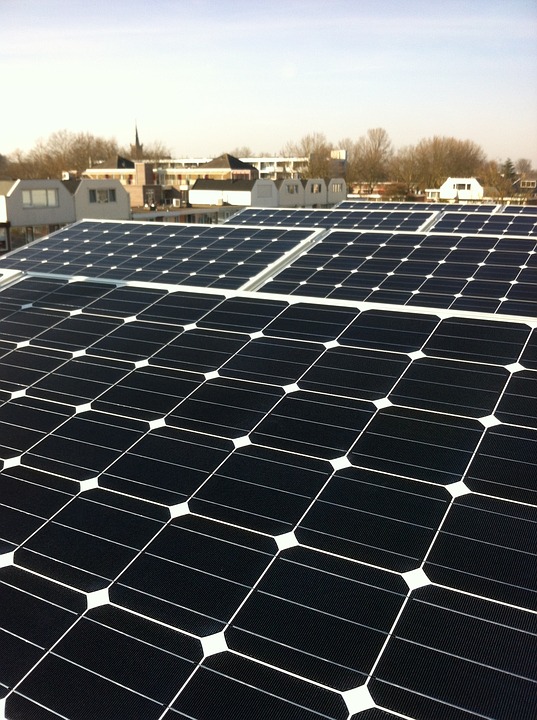
04 Mar Do We Really Need Solar Panels?
Solar panels and solar energy are some pretty big buzzwords around the clean energy water cooler. This is because they are predicted to be the future of sustainable energy. The idea behind this technology is that we should stop our dependence on fossil fuel as our primary source of energy and focus our efforts on tapping the energy found in that massive ball that dominates the daytime. In most cases, solar energy is being publicized not just as the future of energy, but as an investment that can earn you money in the future. While it is true that solar energy can help save our planet, depending on solar to make you money depends on a lot of factors.
Why Solar is a Good Investment
At its most basic, solar energy utilizes the sun’s rays to produce electricity that you can then use to power your house. When considering solar, you’re probably expecting to generate enough energy to cover all of your energy expenses so that you don’t need to rely on the electric company anymore. Ideally, the savings that you incur from not paying the energy companies will eventually pay for the panels themselves. With time and the correct configuration, you might even produce more energy than you’ll use per month, which you can then sell back to the electric company for a profit. Not only will you be making money from the extra energy that your panels are generating, but you will actually add more clean energy back to the grid.
Factors to Consider
The first investment factor that you should consider is the cost of installation. There are a lot of price ranges and services to choose from, and how much it will cost you to install the system will affect how long it will take for the panels to pay themselves off. If you’d rather lease the panels, there are options available for you, too. You will be paying a smaller amount up-front, but leasing will impact the long term value of the set-up since you will be paying for them longer.
Another factor that needs to be taken into account is how much your actual electrical consumption really is. Depending on your location, you might be charged from 8 to 20 cents per kilowatt hour, plus any service charges and fees. If you consume relatively small amounts of energy, solar may not be saving you much money, but the larger your energy consumption is, the more you’ll save if you switch to solar.
If you’re serious about diving into the solar world, make sure that you research different kinds of solar energy and the companies that provide them. Have your home evaluated by at least two solar companies (preferably three or more) and compare solar panels. A solar power system is huge investment, so make sure that you are taking the time to do your due diligence. Sometimes large solar companies can offer the best deals, but smaller solar companies can sometimes offer other attractive perks and incentives.
Also, be sure to check into the rebates offered at your city, county, state, and federal level as well as those promoted by the solar companies themselves. These rebates can put a substantial amount back into your wallet.



